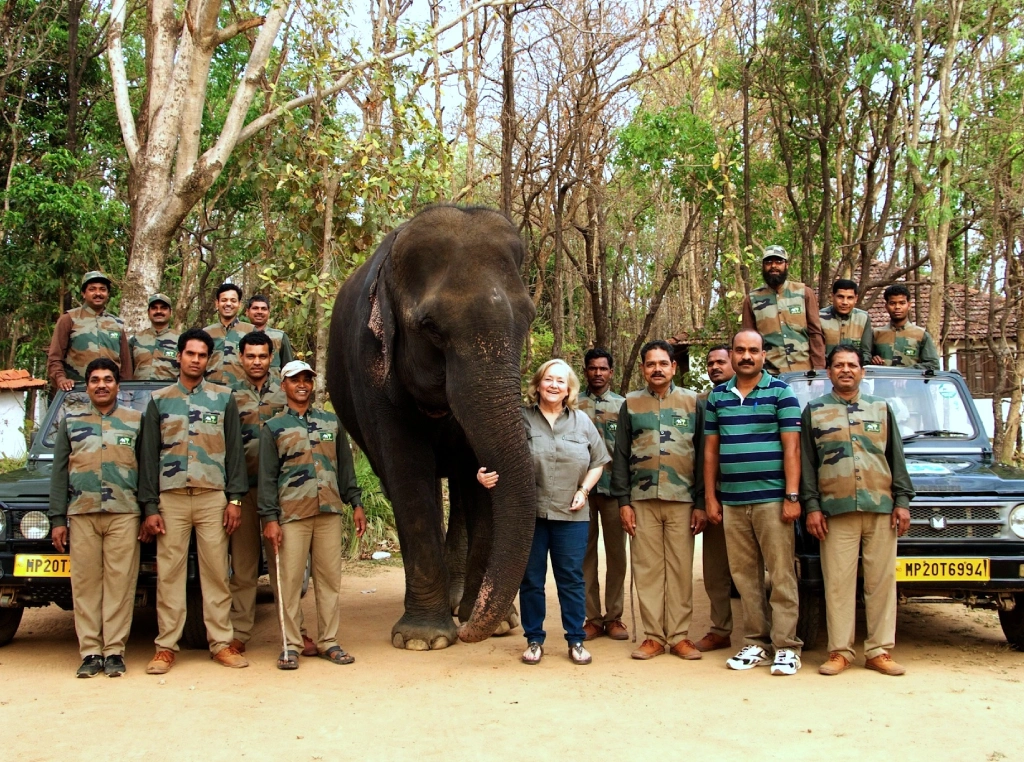Hotel Story
Belinda Wright, a renowned tiger conservationist and wildlife photographer, fell in love with Kanha in the 1970s and persuaded her parents to set up a home there. Bob and Anne Wright, pioneers of Indian wildlife tourism, opened Kipling Camp in 1982. Belinda serves as executive director of the Wildlife Protection Society of India (WPSI), leading the fight against poaching and illegal wildlife trade. Anne Wright, who passed away in 2023, was an early trailblazer for tiger conservation and a Member of the Tiger Task Force that set up Project Tiger in 1973
Kipling Camp was established to provide authentic wildlife experiences while promoting conservation and supporting local communities. The camp operates on sustainable tourism principles, minimizing ecological footprint and actively contributing to Kanha National Park’s protection.
The camp is managed by a dedicated team of professionals passionate about wildlife, committed to exceptional guest service. Staff, mostly recruited from local villages, are well-trained and knowledgeable about the area’s natural history and culture.
Kipling Camp is a rustic yet luxurious wildlife lodge on the edge of Kanha National Park, surrounded by lush forests, grasslands and a busy wildlife waterhole. This stunning location offers immersive wilderness experiences while maintaining commitment to sustainability and conservation, allowing guests to connect with nature while minimizing environmental impact.
Don’t miss: The unique opportunity to meet and interact with Tara, a friendly elephant who has been a part of the Kipling Camp family for decades.











